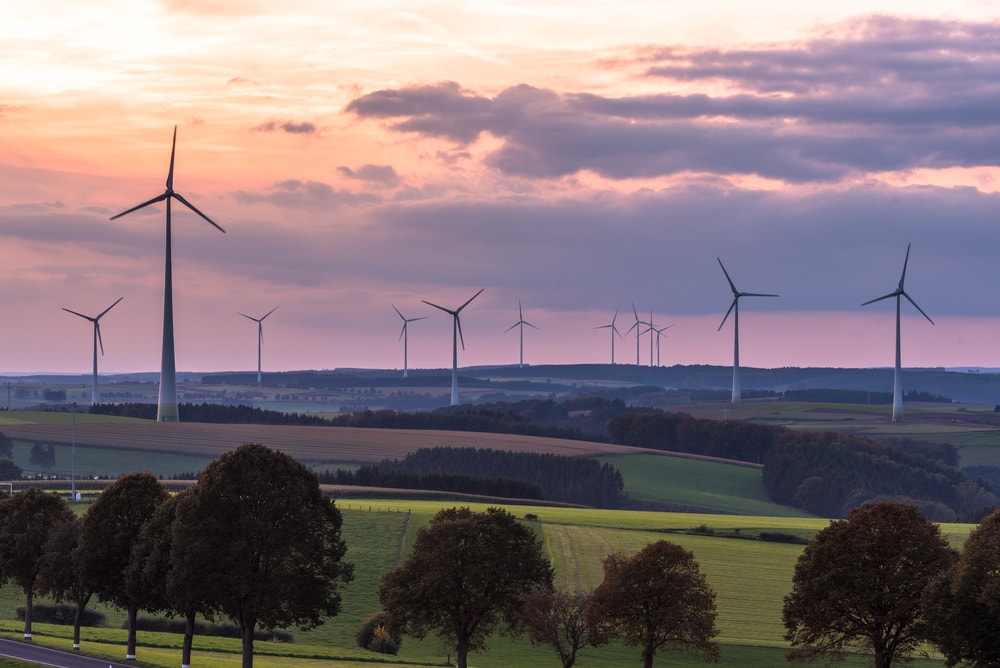Investment platform Interactive Investor has decided to keep BlackRock's clean energy ETF in its ‘ACE 40’ ethical fund suite following a review process that started in March.
Europe’s largest thematic ETF, the $6bn iShares Global Clean Energy UCITS ETF (INRG), has been under close scrutiny since the turn of the year, with a series of S&P Dow Jones Indices (SPDJI) consultations and analyses by Société Générale putting a spotlight on the methodology of its underlying index.
With INRG and its US equivalent – the iShares Global Clean Energy ETF (ICLN) – seeing their assets under management jump from $760m to $11bn in 2020, investors began questioning whether its basket of 30 small and mid-cap stocks had the capacity to assimilate the large and fast sums of capital being poured into them.
To address the issues being raised about over-concentration and lack of liquidity, SPDJI implemented an index overhaul on 19 April, extending the constituent count to 81 and introducing larger cap and non-pure-play stocks.
BlackRock clean energy rebalance: An inflection point for green ETF investment?
The upshot of these changes included a better risk-return profile due to lower volatility, along with 90% of the basket’s most liquid holdings being able to trade at a combined daily volume six times higher than the pre-rebalance index.
However, SocGen warned the rebalance brought with it a clear trade-off between liquidity, diversification and theme purity.
Illustrating this, SocGen said INRG’s new basket is made up 66% by clean energy pure plays versus 100% previously. Similarly, 27% of the basket is made up of companies with only “some” involvement in clean energy, meaning the intensity of the ETF’s clean energy exposure is 15% lower than it used to be.
Having considered the adjustments a ‘yellow card’ event – which include methodology changes, fund manager moves and major re-ratings – Interactive Investor decided INRG would remain in its ACE 40 suite, meaning the company continues to view it among the best options for investors within the clean energy sector.
Dzmitry Lipski, head of funds research at Interactive Investor, said: “We view the recent changes to the index as positive as they add diversification and improve the liquidity profile of the index portfolio.
“However, we note the index now includes companies which are not pure-play clean energy stocks, meaning there is a potential for exposure to be diluted.
“We reviewed other clean energy ETFs and concluded INRG remains the best option due to its broad, diversified exposure to the clean energy theme, improved underlying liquidity and its proven track record.”
Interestingly, Interactive Investor’s Ethical Growth Portfolio issued a note on its timeline of instructions last November suggesting users might want to sell INRG, with no subsequent note appearing on the timeline suggesting they should restore their position in the ETF.
While lacking the track record of INRG, some investors might look to alternatives such as the Invesco Global Clean Energy UCITS ETF (GCLE), which has a fee five basis points lower than INRG’s and a basket of 131 stocks focused on the clean energy value chain.
SPDJI’s next consultation could prompt BlackRock clean energy ETF zenith
Others might take hope from SPDJI’s note during the rebalance, stating the firm may discuss greater coverage of the clean energy value chain and emerging market-listed stocks in future consultations.
Welcoming this suggestion, SocGen said the inclusion of subsectors such as marine energy, energy storage, alternative fuels, energy efficiency and smart grid technology would all help INRG’s index to offer more substantive coverage of the clean energy industry – as well as funnelling capital towards the sector’s more niche components.
Further reading






